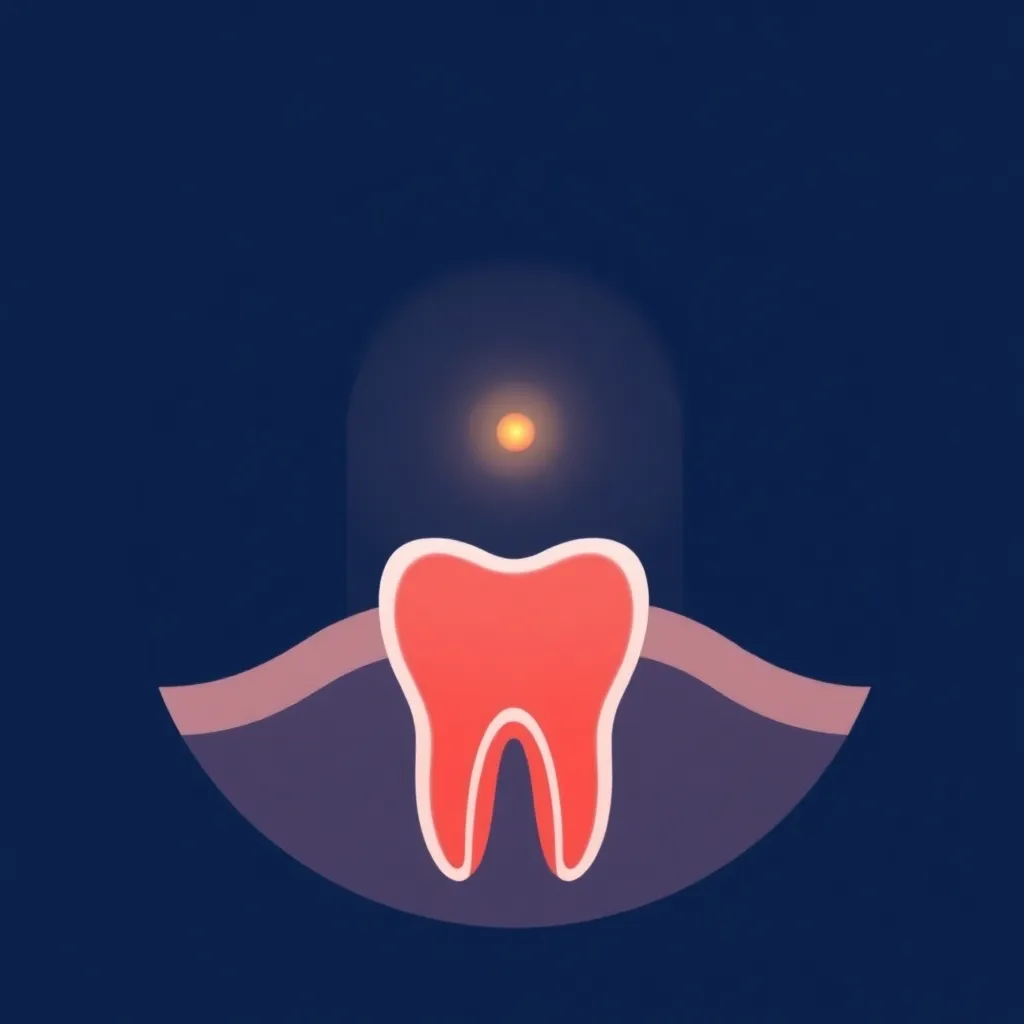A root canal is a dental procedure that can be necessary when the pulp of a tooth becomes infected or inflamed. While modern dentistry has made root canals much more comfortable than in the past, prevention is always better than treatment. Here are some effective strategies to help you avoid the need for a root canal through proper dental care.
1. Maintain a Consistent Oral Hygiene Routine
- Brush Twice Daily: Use a fluoride toothpaste and brush your teeth for at least two minutes, twice a day. This helps remove plaque and prevent cavities.
- Floss Daily: Flossing removes food particles and plaque from between your teeth and along the gum line, areas that your toothbrush may miss.
- Use Mouthwash: An antimicrobial mouthwash can help reduce plaque and bacteria in your mouth, providing an extra layer of protection.
2. Regular Dental Check-ups
- Schedule Routine Visits: Visit your dentist at least twice a year for check-ups and professional cleanings. Regular visits allow for early detection of potential issues before they escalate.
- Discuss Concerns: If you experience any pain, sensitivity, or other dental issues, don’t hesitate to discuss them with your dentist. Early intervention can prevent more serious problems.
3. Address Dental Issues Promptly
- Treat Cavities Early: If your dentist identifies a cavity, get it treated promptly. Untreated cavities can lead to deeper decay and potential infection, necessitating a root canal.
- Manage Gum Disease: Gum disease can lead to tooth loss and infection. If you notice signs of gum disease, such as bleeding gums or persistent bad breath, seek treatment immediately.
4. Practice a Tooth-Friendly Diet
- Limit Sugary Foods and Drinks: Sugar feeds the bacteria that cause tooth decay. Reduce your intake of sugary snacks, sodas, and candies.
- Choose Nutrient-Rich Foods: Incorporate fruits, vegetables, whole grains, and dairy products into your diet. Foods rich in calcium and vitamin D are particularly beneficial for dental health.
- Stay Hydrated: Drinking water helps wash away food particles and bacteria, and it promotes saliva production, which is essential for neutralizing acids in the mouth.
5. Avoid Harmful Habits
- Don’t Grind Your Teeth: Teeth grinding (bruxism) can damage teeth and lead to pulp exposure. If you grind your teeth, talk to your dentist about a night guard.
- Avoid Using Teeth as Tools: Don’t use your teeth to open packages or bottles, as this can cause chips or cracks that may lead to infection.
6. Consider Dental Sealants
- Protective Coating: Dental sealants are a protective coating applied to the chewing surfaces of back teeth, which can help prevent cavities, especially in children and teenagers.
7. Be Aware of Changes in Your Mouth
- Monitor Sensitivity: If you experience increased sensitivity to hot or cold, or if you notice pain when chewing, consult your dentist. These could be signs of a developing issue that needs attention.
- Check for Discoloration: Darkening of a tooth can indicate nerve damage or infection. If you notice this, seek dental advice promptly.
8. Educate Yourself and Your Family
- Teach Good Habits: Educate your family about the importance of oral hygiene and regular dental visits. Establishing good habits early can prevent dental issues later in life.
- Stay Informed: Keep up with the latest dental health information and practices to ensure you’re doing everything possible to maintain your oral health.
Conclusion
By following these preventive measures, you can significantly reduce your risk of needing a root canal. Consistent oral hygiene, regular dental visits, and prompt attention to dental issues are key components of maintaining a healthy smile. Remember, taking care of your teeth today can save you from pain and costly procedures in the future. Prioritize your dental health, and enjoy the benefits of a healthy, pain-free smile!

